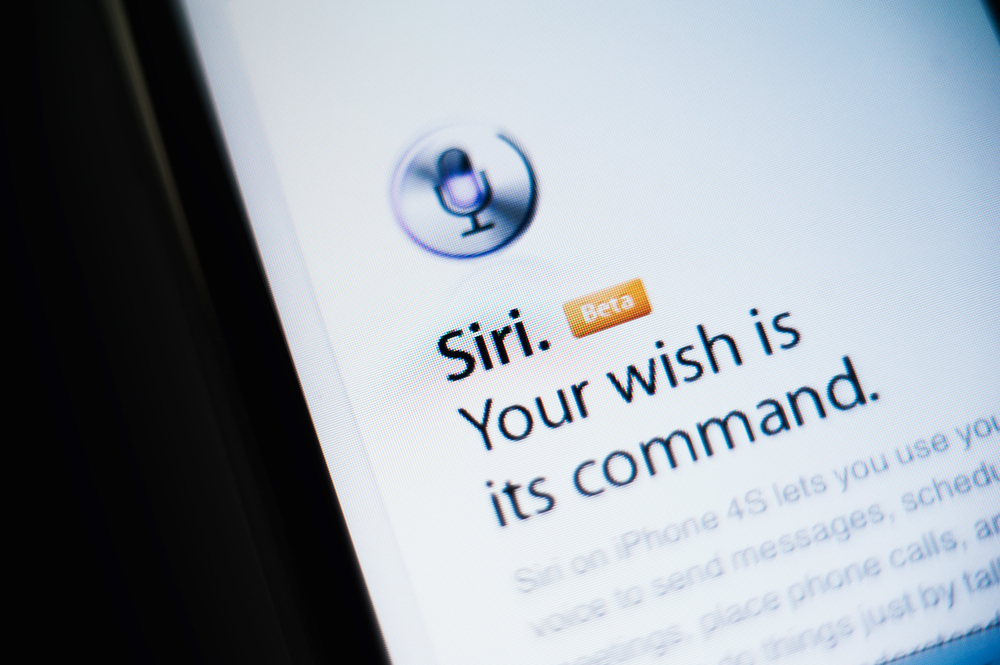We live in an age where, according to Gartner, progressive intelligence is increasing in the form of digital assistants. These assistants – such as Microsoft’s Cortana, Apple’s Siri and Google Now – have the ability to recognise voice instructions and connect different search terms with sophisticated data sets to offer users relevant information. The evolution of these digital assistants is set to continue.
Autonomous or artificial intelligence (AI) – or in-app AI – will take the Internet of Things (IoT) to a new level.
‘I, Robot’, I think not
We’re not quite yet in the world of ‘I, Robot’ or ‘Blade Runner’ – we won’t all have robot butlers. Rather, AI will take the form of sophisticated decision aware software that will sit on our smart devices.
The role AI will play in the smartphone software field is still widely debated but we know that voice-powered assistants will be able to decide for themselves when to serve unsolicited, context aware information.
And, this future AI promise is brimming with business opportunity with Gartner predicting that AI powered digital assistants will vastly improve consumer shopping experiences. Companies should start to plan to bring their employees and customers the information access and search productivity and efficiency and benefits it provides.
Why Cortana will become more than just your digital friend
The Internet of Things today is based on data capture and connectivity, using predetermined rules to action that data. Put simply, IoT is the management of data using sophisticated decision engines and the app is the intelligent plumbing for that data.
> See also: The day I met Amelia: the virtual assistant hoping to usher in the AI revolution
The next step, and one predicted to happen this year, is the ability for digital assistants to perform mundane tactical and fixed events such as grocery replenishment, filling out names, addresses and fill in credit card information quickly, according to Gartner.
AI has the potential for much more though, positively and autonomously generating the next decision or suggestion. For example, AI may alert you to road blocks that would mean missing a flight or not or to remind you to take your umbrella to your appointment as rain is forecast.
While this may happen to some extent today, this autonomous decision-making is on a grander scale and involves an ecosystem of complex data sets acted on dynamically based on user preference.
The business opportunity for AI
Gartner also predicts that by year-end 2016, more complex purchase decisions such as back-to-school equipment made autonomously by digital assistants will reach $2 billion dollars annually. This translates to roughly 2.5% of mobile users trusting assistants with $50 a year.
The opportunity for businesses to partner with those in the supply chain to collaborate and deliver ultra-personalised, real-time offerings from which the digital assistant can consciously choose is great. This may mean that businesses build their own digital assistants and platform offerings or chose to integrate their data with existing or new AI tools and offerings.
While there is no guarantee that such offerings will be selected by such an advanced search and decision engine, services will need to be available and readily marketed. Internal business apps may perform in exactly the same way.
Digital assistants have the ability to serve up the right information for employees, software suggestion or calendar invite reminder based on the user’s interaction with their smart device.
These benefits will increase productivity for consumer and employee alike, building a compelling case for internal apps as well as introducing a new marketing avenue to capture additional revenue streams.
The way forward for developers
From a developer perspective, questions remain over how these will change their job role: will the ability to manage and develop sophisticated tools and complex data sets able to interact and engage with AI-powered digital assistants become a key function?
> See also: Could Google’s new patent push hamper the future of AI?
For now, they can prepare for the AI eventuality by getting to grips with large-scale datasets, how these interact, integrate and can be used to scale with sophisticated tools. In fact, the general integration and data management challenge needs to be addressed rapidly.
A recent global survey of developers commissioned by Progress and undertaken by Harbor Research found that 30% already experience data overload and feel overwhelmed trying to manage it all for contextualised IoT apps.
Coming to grips with large-scale datasets will also depend on how the various datasets should relate to one another. Externally there are experts on hand to help with data processing and integration.
Technologies such as Hadoop and NoSQL provide platforms to enable scalable, flexible, cost effective, rapid and resilient solutions. Many organisations will have a combination of both structured and unstructured data and these platforms offer the space to host and handle differing datasets.
Building the AI future today
Businesses and the developers who work for them need to prepare for an AI eventuality. The opportunity to better engage consumers and employees alike for productivity or buying benefits are plentiful. The keystone to ensuring businesses are as prepared as possible for the AI trend will be the ability to set a strategy for managing data and use the right tools for doing so.
There is a race to figure out how to use complex data for sophisticated and autonomous decision engines and it begins now. Competitiveness and innovation will depend on the ability to find a solution to this as soon as possible.
Sourced from Mark Armstrong, VP and managing director EMEA, Progress Software










